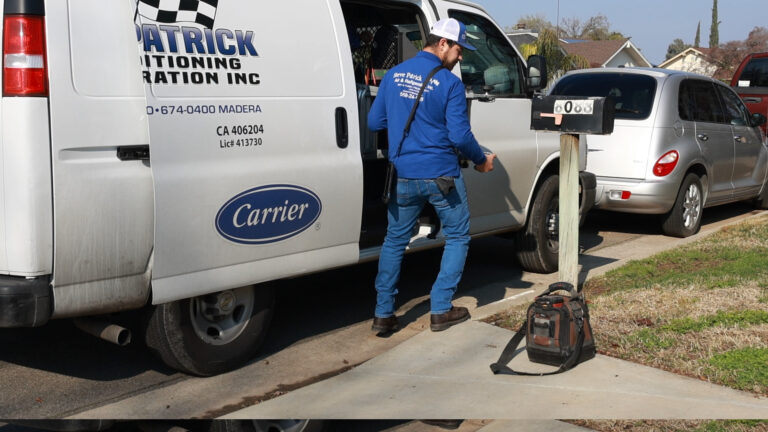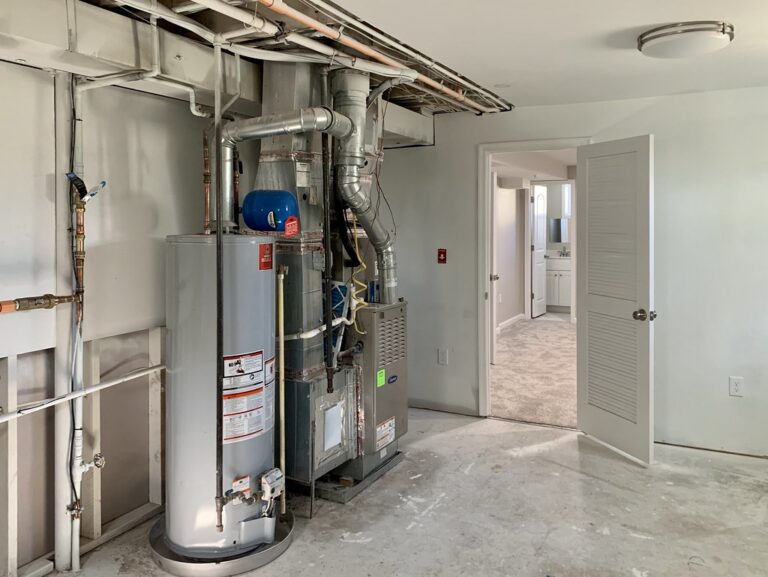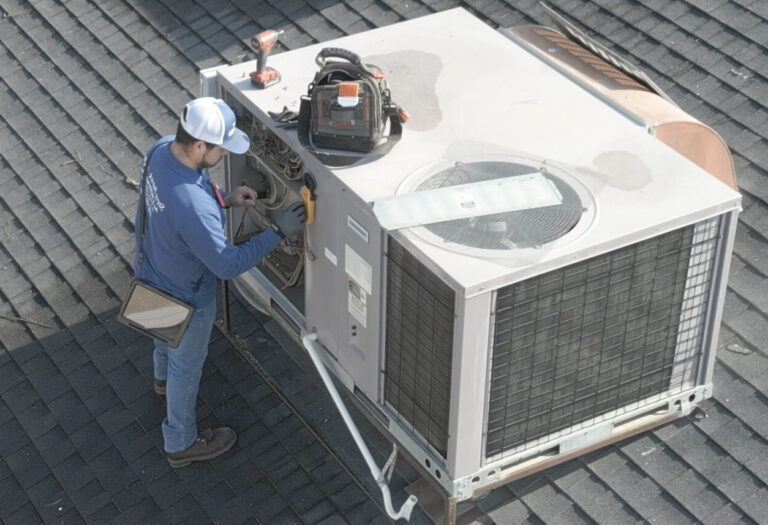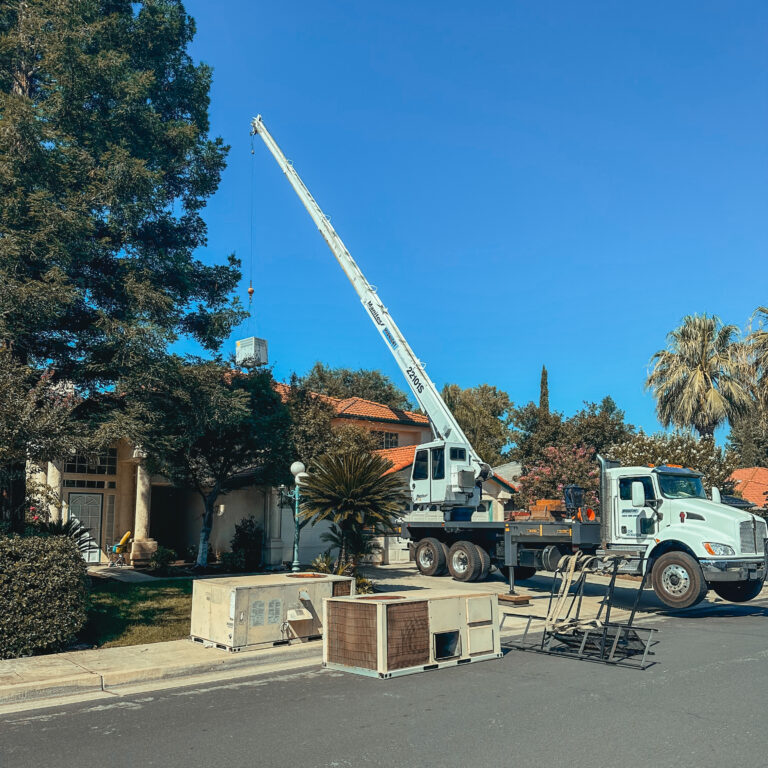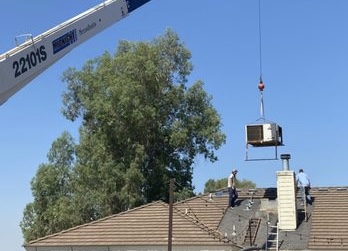Choosing the right heating system is crucial as temperatures start to drop and fall approaches. Preparing your heating system for colder months ensures peace of mind and efficiency. In this blog, we’ll discuss five essential steps to get your heating system ready for fall.
Schedule a Maintenance Check-Up
Scheduling a professional maintenance check-up with a licensed HVAC technician is essential for ensuring the safety and efficiency of your heating system. During a check-up, the technician will inspect for leaks, adjust the thermostat, clean the ducts, and test carbon monoxide levels. Regular inspections help catch small issues before they become costly problems. By not delaying maintenance, you ensure your system operates efficiently throughout the colder months and prevent unexpected breakdowns.
Check Your Filters
Your heating system’s filter is vital for maintaining good indoor air quality by removing dirt, dust, and allergens. However, as the filter becomes clogged, it restricts airflow, leading to reduced efficiency and higher heating bills. A dirty filter can even cause premature system failure. To keep your heating system running smoothly, check filters monthly and replace them every three to six months or as recommended by the manufacturer. Clean filters improve airflow, enhance efficiency, and prolong the lifespan of your system.
Upgrade Your Thermostat
If your thermostat is outdated or malfunctioning, upgrading to a programmable or smart thermostat is a worthwhile investment. A programmable thermostat allows you to set specific temperature schedules to optimize comfort and energy use. Smart thermostats take it a step further by offering device integration and AI learning features, which help maximize energy savings based on your routine. Upgrading to a modern thermostat not only helps save money but also enhances your heating system’s overall performance and efficiency.
Seal Air Leaks
Air leaks can force your heating system to work harder, resulting in higher energy bills and wasted heat. Drafts typically occur from gaps around doors and windows, as well as from holes in walls, floors, and ceilings. Sealing these leaks using weatherstripping, caulking, and insulation helps prevent warm air from escaping. This ensures your home remains comfortable while reducing the workload on your heating system, ultimately saving you money and improving energy efficiency.
Prepare Your Fuel Tanks
If your heating system relies on fuel, such as heating oil or propane, it’s important to prepare the fuel tanks for winter. Inspect tanks for damage, and clean them to remove sediment or sludge buildup, which could affect system efficiency. Additionally, ensure you have an adequate supply of fuel to last through the colder months to avoid unexpected interruptions. Properly maintaining your fuel tanks ensures that your heating system performs efficiently and keeps your home warm throughout the season.
In conclusion, preparing your heating system for the colder months is crucial for ensuring comfort, efficiency, and peace of mind. By following these steps—scheduling maintenance, checking filters, upgrading your thermostat, sealing air leaks, and preparing your fuel tanks—you can avoid unexpected issues and maximize your system’s performance. Contact Steve Patrick Air today at 559-224-1729 to schedule your heating system check-up and ensure a warm, comfortable home this winter!
Follow us on Facebook!
Learn about financing here!

